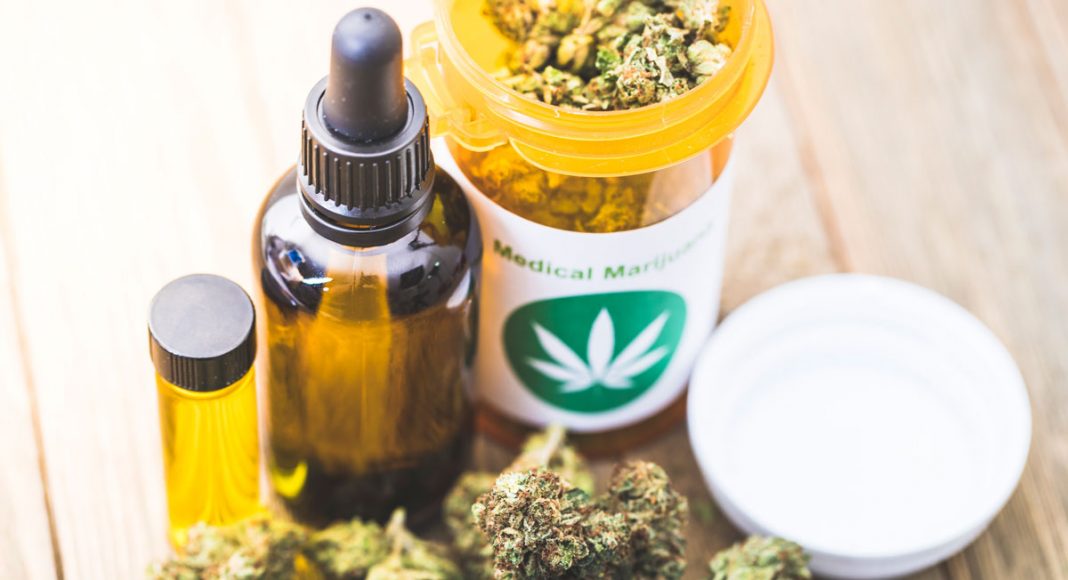Utah now has a brand spanking new medical marijuana program, but it has nothing to do with the will of the people. Although the voters overwhelmingly approved a proposal in the midterm election designed to legalize medical marijuana statewide, the state legislature, in cahoots with the Church of Jesus Christ of Latter Days Saints and Governor Gary Herbert, passed an updated version of the law in a special session this week that is being called a “compromise” to the original measure.
But the voters saw this coming.
Earlier this year, mega-protest over the possibility of marijuana being made legal for therapeutic application caused an uprising in hostility in some of the most influential members of the state – namely the Mormon church. This led to a negotiation between cannabis supporters and opposing forces, and it was determined that if the voters did approve Proposition 2, lawmakers would go to work in special session to draft a law that everyone could deal with.
But if they didn’t, the Governor still promised the state would begin work on a reasonable medical marijuana program. The overall message tucked inside the sneaky overtones of the proposed compromise was that the people needed to vote “yes” on the proposals to see medical marijuana come to pass. So, they did…and lawmakers made good on their part on Monday to create what Governor Herbert calls “the best designed medical cannabis program in the country.”
“Working with trained medical professionals, qualified patients in Utah will be able to receive quality-controlled cannabis products from a licensed pharmacist in medical dosage form. And this will be done in a way that prevents diversion of product into a black market,” he said in a statement following the signing of bill.
“This is an example of how collaboration makes Utah the best-managed state in the nation. Proponents and opponents came together to honor the voice of Utah voters who compassionately stood up for Utah patients,” he added. “They provided for access to medical cannabis, while closing loopholes that have created significant problems in other states that have legalized medical cannabis.”
But make no mistake, the bill is certainly not as strong as the one pushed through by the voters. It places some onerous restrictions on cannabis industry involvement. For instance, the original proposal called for 40 dispensaries to open up statewide. The new law will only allow for seven “pharmacies,” which will be operated by the state health department. It also removes the possibility of patients getting their hands on popular edible cannabis products. It even eliminates some of the original qualified conditions from the list.
So, yes, Utah finally got its medical marijuana program, but it could be a difficult one to navigate. What it does, however, is ensure medical professionals are involved every step of the way – the same as other medicine. Some argue this concept will end up strangling the program in bureaucratic red tape.
But without the compromise deal, cannabis advocates say patients may have been forced to do without.
“This bill is undoubtedly inferior to the law enacted by voters in November. However, Proposition 2 would very likely have been defeated without the compromise deal, which prevented an onslaught of opposition spending,” Matthew Schweich, deputy director at the Marijuana Policy Project, said in a statement.
When will the program launch? It’s going to be some time before the state gets their act together enough to see this through. It could be at least a year before the state has all the detail worked out.


